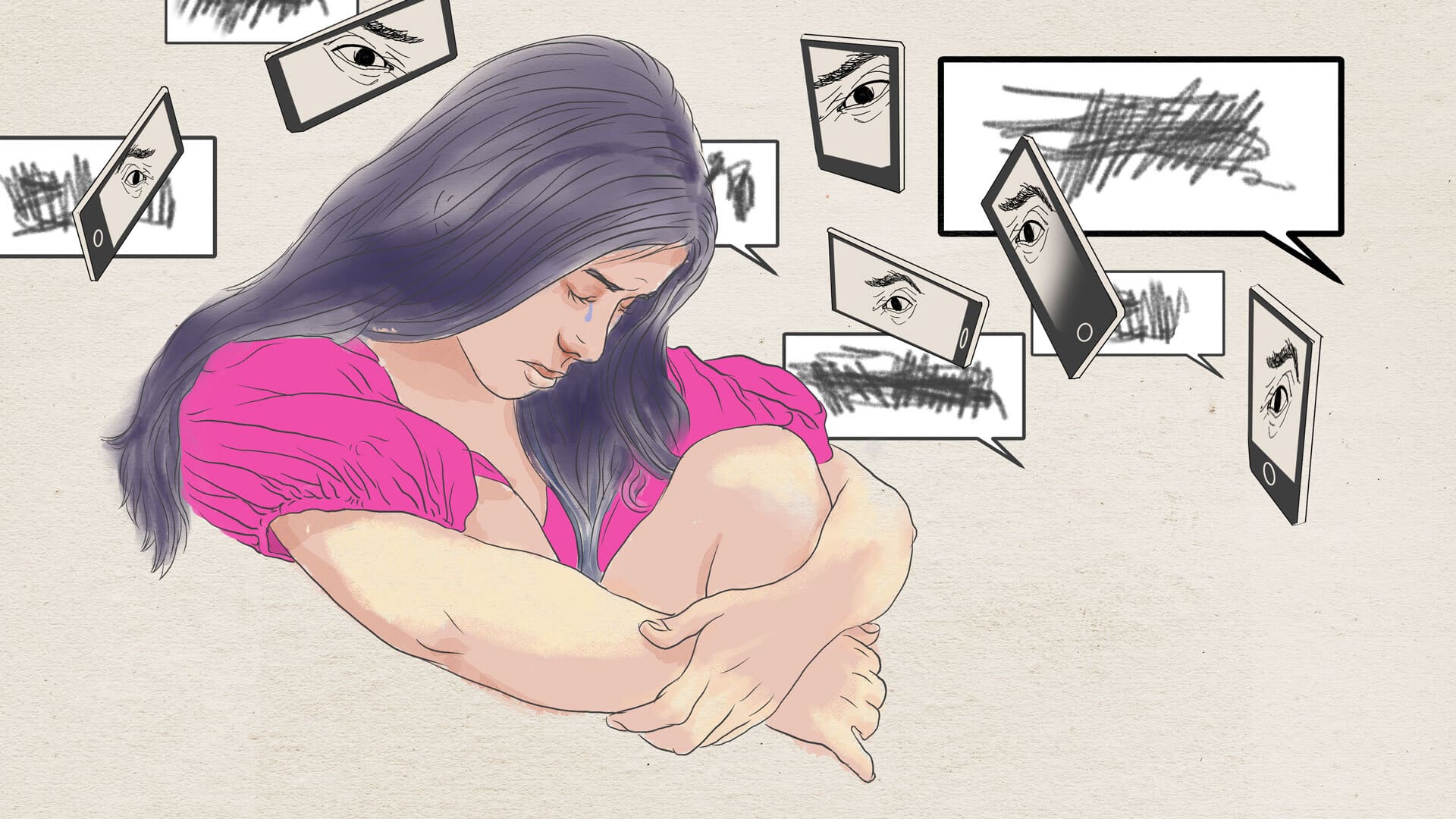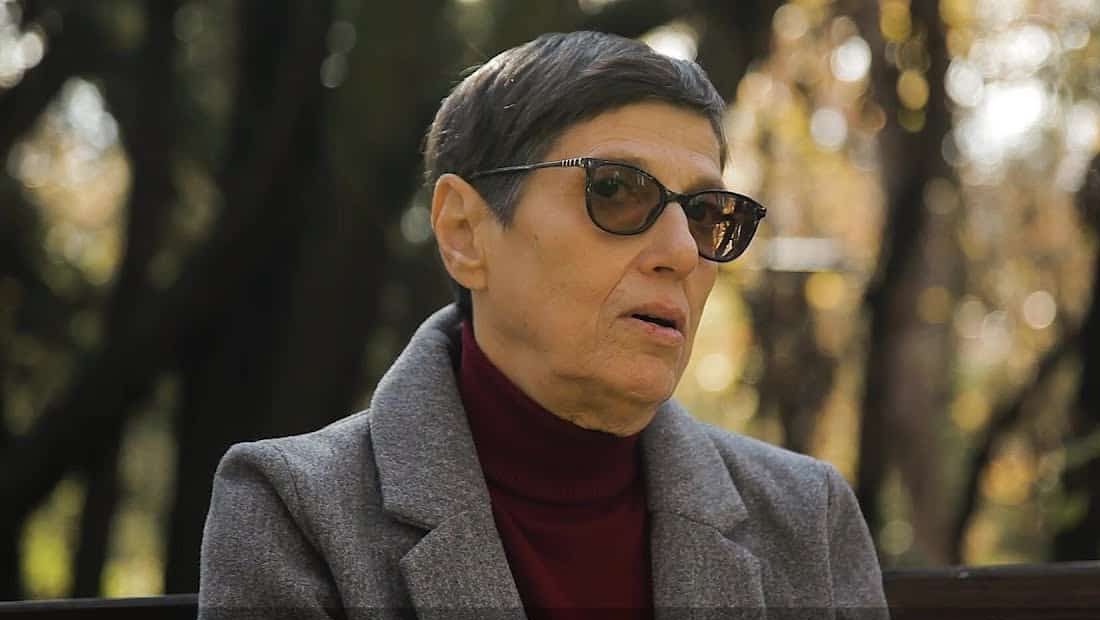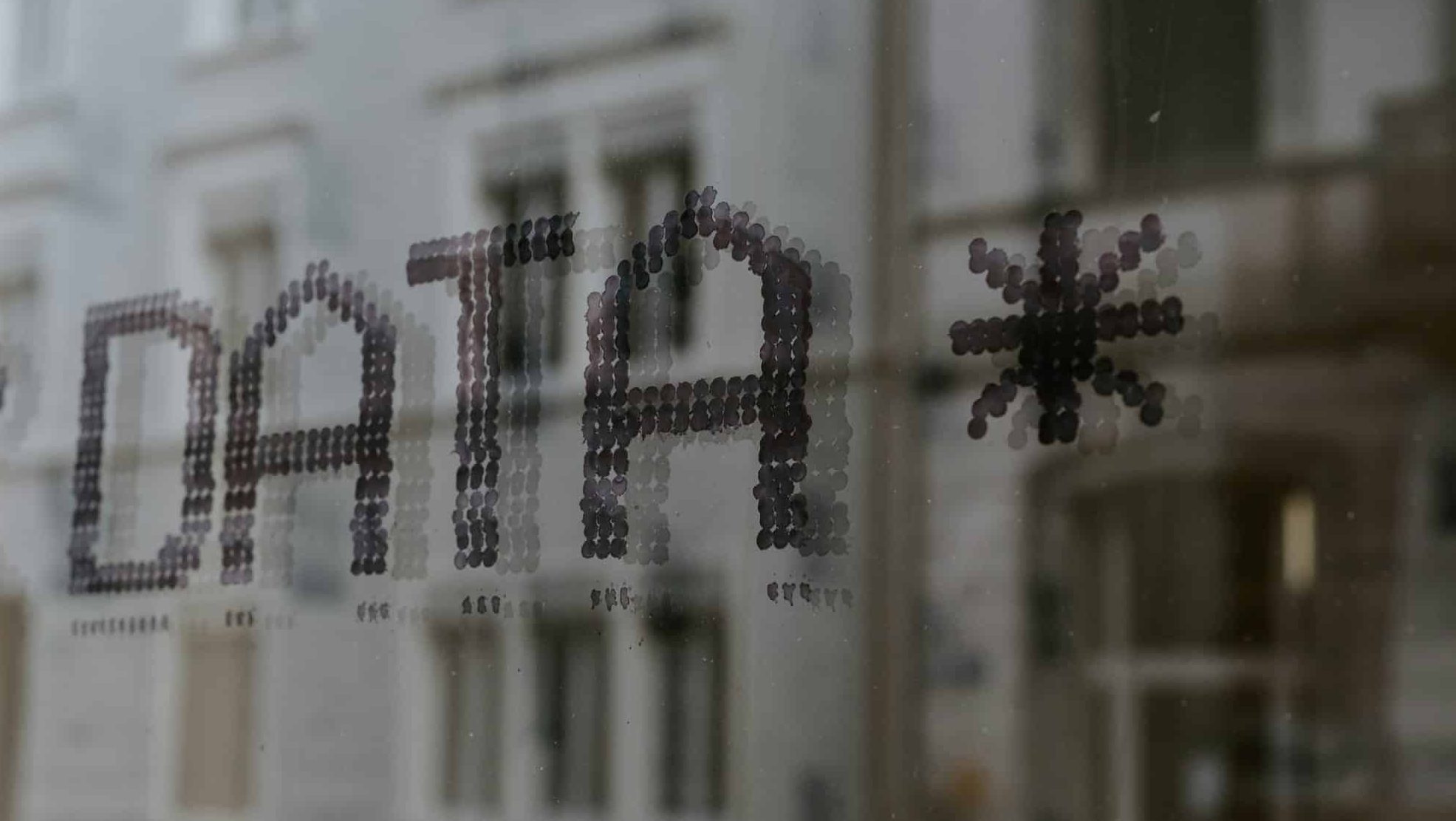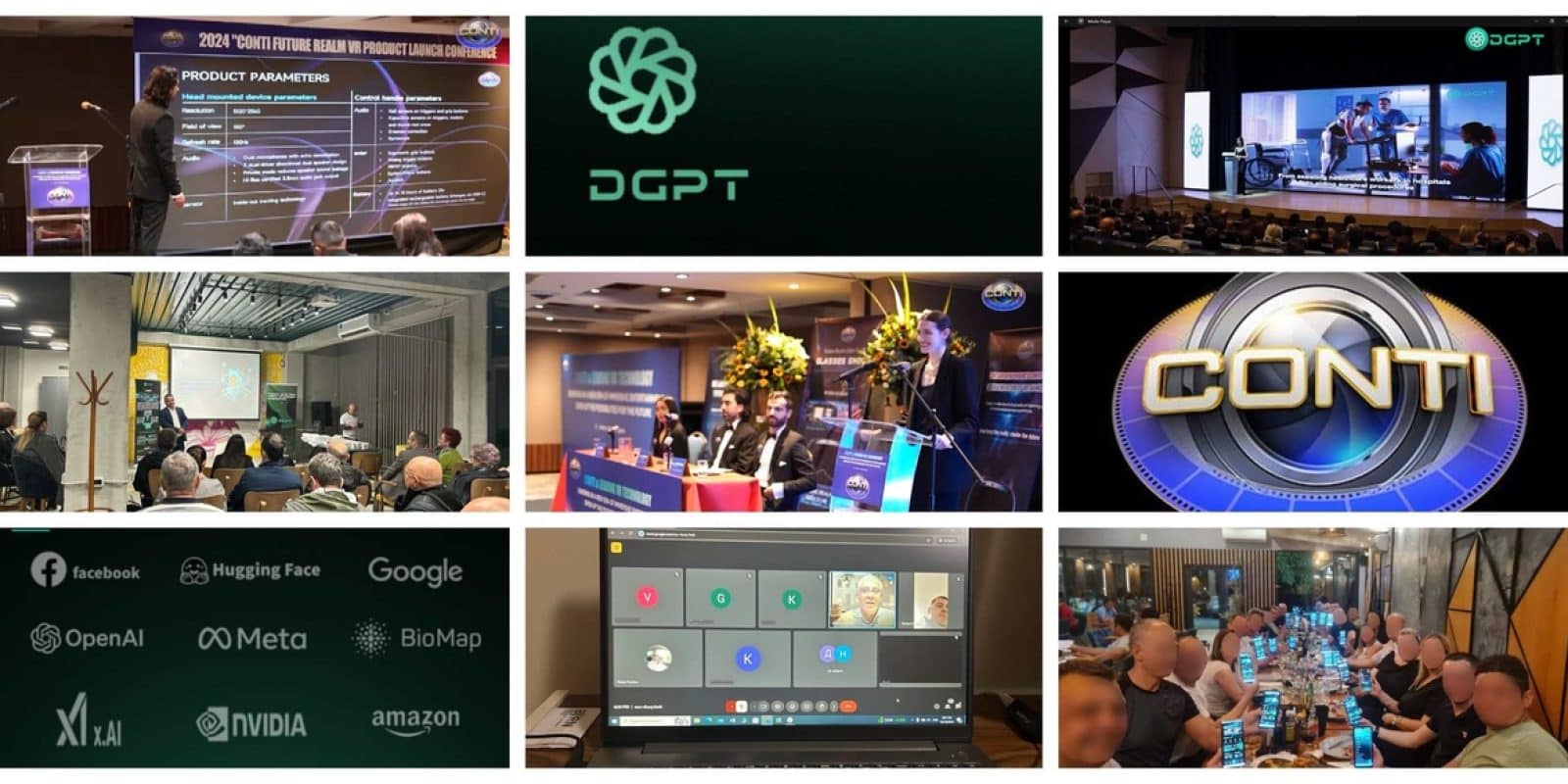Since Serbian law does not recognise image-based sexual abuse as a specific crime, cases in the country have been tried on various counts in the criminal code, most commonly sexual harassment, child pornography and the unauthorised publication of another person’s images.
Lawyers and activists say this is not ideal; earlier this year, more than 20,000 people signed a petition calling for image-based sexual abuse to be recognised within the criminal code.
Given that the Belgrade-based Autonomous Women’s Centre, AZC, says it receives on average one call a week from a woman seeking advice after being subjected to image-based sexual abuse, activists say the 15 cases are a drop in the ocean, but some would call it a significant drop, nonetheless.
Vanja Macanovic, a lawyer with the AZC, which provides legal and psychological support to women who have survived violence, says the fact that survivors are going to court and winning is as a step in the right direction, one that may encourage more women to follow suit.

Belgrade Higher Court, where some of the cases were tried. Photo: BIRN.
“It is very important that these cases exist and that our prosecution and courts recognise the issue and prosecute the cases based on the crimes they could,” said Vanja Macanovic, a lawyer with the AZC, which provides legal and psychological support to women who have survived violence.
“It is a great step forward that shows that the problem exists, and a court practice is being established.”
The punishment meted out to the perpetrators, however, frequently errs on the side of leniency.
Survivors often under 18s
To ascertain how many cases of image-based sexual abuse are reaching court, BIRN sent freedom of information requests to 93 basic and higher courts in the country asking for rulings delivered in cases of criminal complaints based on six counts of the Serbian criminal code.
Seventy-nine responded. Among the more than 100 rulings BIRN obtained and analysed, these reporters identified 15 that matched the criteria of image-based sexual abuse and would likely be tried as such if such a crime existed in the criminal code.
BIRN asked for court decisions delivered in cases of criminal complaints based on six counts of the criminal code: Unauthorised Wiretapping and Recording (Article 143), Unauthorised Photographing (Article 144), Unauthorised Publication and Presentation of another’s Texts, Portraits and Recordings (Article 145), Unauthorised Collection of Personal Data (146), Sexual Harassment (Article 182a) and Showing, Procuring and Possessing Pornographic Material and Minor Person Pornography (Article 185).
In one third of the cases, the survivors were minors [under the age of 18]. Of the perpetrators, one was under the age of 18.
Most cases were prosecuted as sexual harassment, child pornography or unauthorised publication of some else’s picture, sometimes along with insult, stalking or coercion.
In ten cases, the verdicts clearly stated that the perpetrator was a former partner, boyfriend or husband. In most cases, the survivors knew exactly who the perpetrator was.
Most of the offences used to prosecute image-based sexual abuse are not criminal offences that are usually prosecuted ex officio, unless the survivor is a minor.
This means that survivors must file a criminal complaint themselves and then the prosecution decides whether to file charges. If they drop the case, survivors can complain and, ultimately, pursue a private lawsuit with little prospect of winning.
A private lawsuit requires the survivor to conduct the investigation themselves, said lawyer Gordana Dobrosavljevic.
“But we do not have all the investigative means at our disposal that the courts and prosecution and police have,” she told BIRN. “We would also need to prepare the witnesses… It would be basically impossible to win.”
Dobrosavljevic is currently pursuing a case on behalf of a client who filed a criminal complaint after an explicit video of her was shared online by an unknown person.
“It is very hard here to prosecute these offences in Serbia. The prosecutors are still not used to dealing with these types of cases,” Dobrosavljevic told BIRN.
Depending on the criminal offence and the type of technology used to commit the offence, image-based sexual abuse can be prosecuted by basic public prosecutors or by prosecutors of the Special Prosecution Office for High-Tech Crime, VTK.
Dobrosavljevic first filed the complaint with the basic prosecution, but it was dismissed because she could not name the alleged perpetrator. After she appealed, the case was sent to the VTK prosecutors.
Dobrosavljevic said she wanted the case to reach the VTK prosecutors, “as they are better equipped to deal with these offences”.
“We had many issues,” she said. “The case was initially dismissed as we did not name the perpetrator. But how could we know the name? We only had a video.”
The case is ongoing before the Higher Court in Belgrade.
Lawyer Nina Nicovic said police and prosecutors, even those at VTK, lack the means to properly investigate such cases.
“I think VTK and the police lack the staff and technological tools to act quickly,” Nicovic told BIRN. “This goes especially for complicated cases, where they need to find the original perpetrator – the one who shared the image or a video first.”
Intimidated into restricting online presence
Survivors of image-based violence face an uphill fight for justice in which they often have to face down intimidation and the threat of more abuse.
In one case in a town in southwestern Serbia in 2017, a young woman went to the police to report her ex-boyfriend after he posted an intimate photo of her on Instagram. The ex-boyfriend found out and the next day he sent her a message: “You have until Monday to withdraw the complaint,” he wrote. “Keep this message as proof that I’m threatening you.”
A prosecutor filed charges, but the trial was delayed for nearly a year and the case eventually dropped after the survivor gave up.
For others, a lack of trust in the authorities left them suffering in silence.
This summer, Sofija Bogosavljevic, a journalist from a town near Belgrade, received a message on Instagram from an unknown account, containing a photo of her on the beach that had manipulated by AI to remove her swimwear – a form of digital violence known as ‘deepfake pornography’.
“I understood it as a message – ‘Look what I have and what I can do with it’,” she said.
Sofija consulted several lawyers but summed up their responses as: “‘What can you do? It’s not a criminal offence, unless it continues. Then it could be considered stalking’.”
The harassment stopped, but Bogosavljevic was left scarred. She has since removed all holiday photos from her social media profiles, feeling forced to restrict her own online presence because of potential predators.
“I basically have to limit myself now because I know what kind of sick people are out there.”
Sentences ‘lenient’
Out of the 15 cases BIRN identified, the courts delivered guilty verdicts in 14. Only three, however, saw the perpetrator put behind bars, given that image-based sexual abuse is usually prosecuted as harassment or the unauthorised publication of images.
The majority of convictions resulted in fines ranging from the equivalent of 170 euros to 1,500 euros. In four cases, the perpetrators were given suspended prison sentences of three to eight months. Two were sentenced to house arrest – 30 days and six months respectively.
In one case, the perpetrator was a minor and a parental supervision order was issued.
Three of the 18 were referred to the Special Prosecution Office for High-Tech Crime while in one case the prosecution dropped the charges.
Following the criminal case, the survivors can seek compensation in litigation. These processes can last for years.
Nicovic said the punishment rarely reflects the long term harm caused to survivors.
“The victims suffer consequences continuously,” she told BIRN. “They never know when these images might resurface.”
“The processes should be quicker, and the victims should be compensated within the criminal case, as the law allows.”
Serbia’s justice ministry has initiated changes to the criminal code but failed to include image-based sexual abuse in the first draft. After the draft was submitted for public consultation in October, the ministry said the offence would indeed be included.
It remains unclear when the draft will be finished and submitted to parliament for adoption.





















